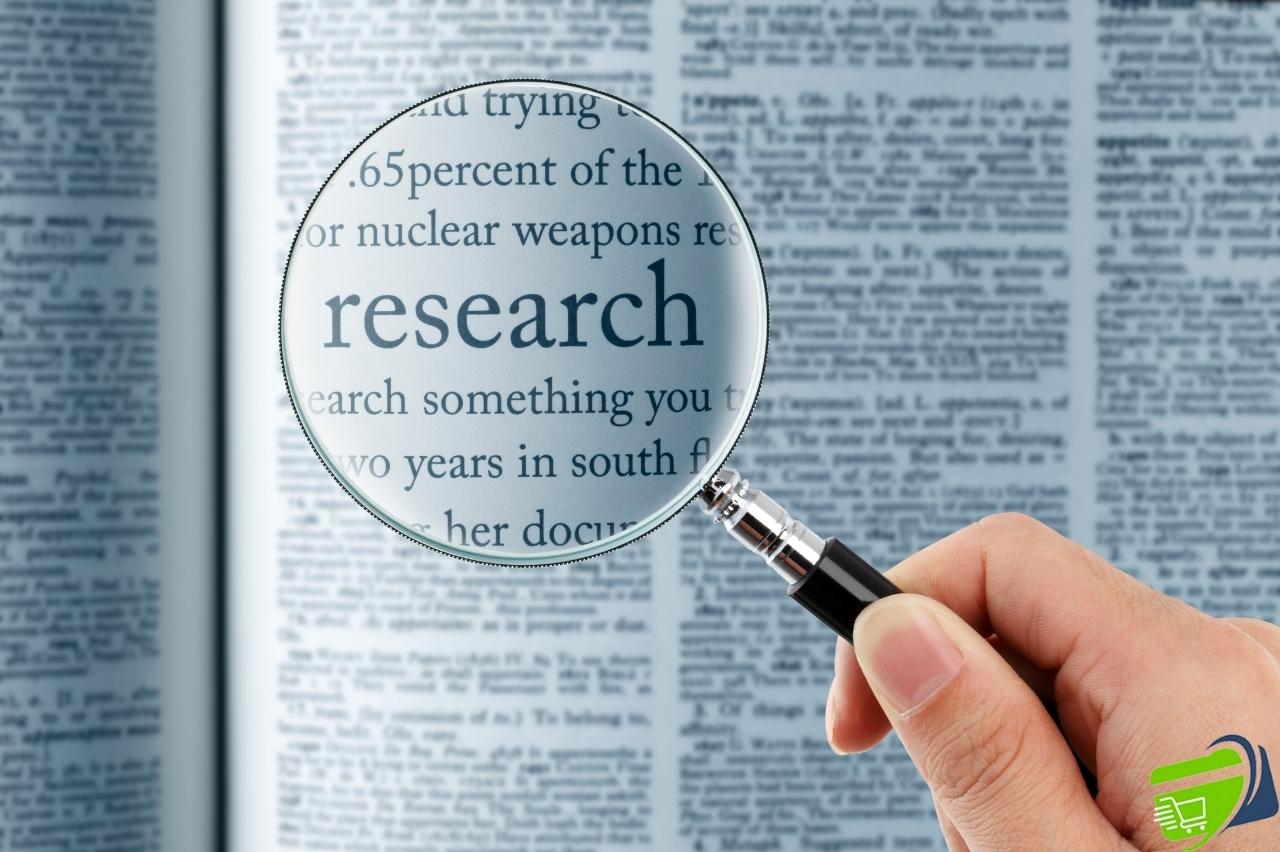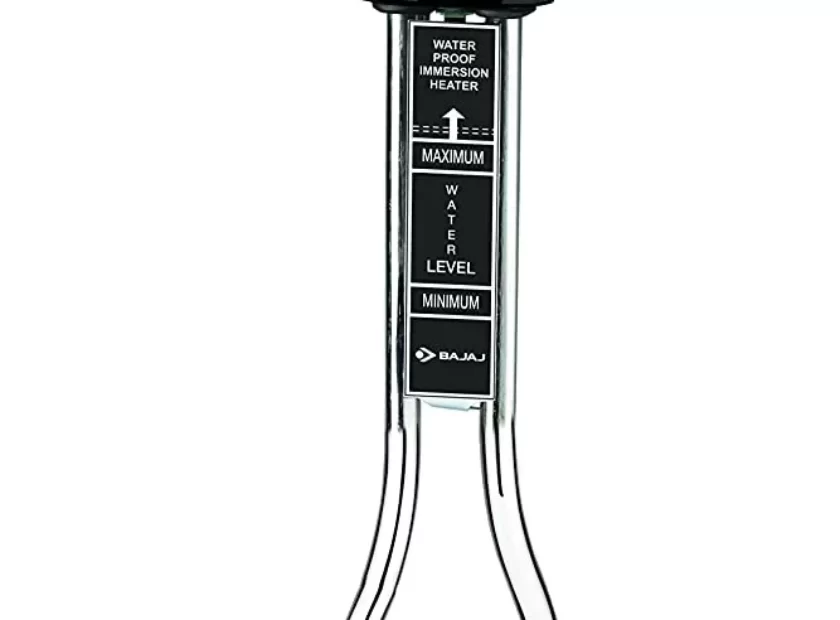
The Morality of Using Animals in Research.
Numerous technological and medical advancements over the past century have been made possible thanks in large part to animal research, which also continues to improve our knowledge of a wide range of illnesses. These developments, along with the ensuing creation of new therapies aided by animal research—have improved people’s living conditions all over the world.
But for several years, in the UK, there has been a contentious debate over using living creatures in clinical and scientific studies. Animal testing is viewed as inappropriate and cruel by those who oppose it, despite the benefits or goals of the research.
For these organizations, there is no room for compromise; animal testing must end completely and immediately. Numerous animals, from mice to fruit flies, are used in scientific investigations. They are essential for enabling researchers to understand human biology and wellness better and for creating new medications.
The utilization of animals for research purposes is subject to control because no ethical scientist would subordinate an animal to unneeded discomfort or suffering if it could be prevented. In a broad sense, the health sciences majority thinks that only ethically sound research practices should involve using animals. Animal experimentation constitutes serious moral issues if it is immoral to make animals suffer.
Two perspectives on animal testing:
- In favor of using animals in research:
Animal experimentation is tolerable if (and therefore only if):
- Every research project minimizes anguish
- Human advantages are gained that could not be attained through the use of other techniques.
- Opposition to animal testing:
Animal experimentation is never tolerable because:
- Animals endure the consequences.
- The advantages for people have not been demonstrated.
The R’s
The R’s are a collection of rules that researchers are advised to adhere to in order to lessen the negative effects of their work on animals.
- Replacement:
An experiment’s constructive scientific findings can be produced with the application of statistical assistance and cautious research design selection. Substituting animal experimentation with non-animal methods like:
- Using cultured cells in experiments rather than whole animals
- Using computer simulations
- Studying real-world subjects
- Utilizing observational research
- Reduction:
Minimizing the usage of animals in experimentation through:
- Enhancing experimental methods
- Enhancing methods of analysis
- Refinement:
Animal stress is decreased by providing an edifying enclosure environment. To minimize distress, unpleasantness, and anguish during living things and science procedures, researchers should improve the animal infrastructure. Additionally, under conditions of stress and unpleasantness, animals’ hormone secretion may be unbalanced, which could affect the results. As a result, experiments must be repeated, increasing the need for animal models. Therefore, improvement is required to both upgrade the effectiveness of studies and the lives of lab animals. Modifying the test or how the animals are treated to lessen their distress by:
- Utilizing less obtrusive methods
- Improved life circumstances
- Improved health care
Several of the arguments either for or against using animals in research are listed below; some of them you are likely aware of, while others you may not have considered. How do you feel?
- Do animal models have any use?
- YES
Model organism research has helped scientists learn a great deal more about human and environmental life and disease.
- NO
Drugs don’t always affect people and animals in almost the same way. Some medications do not reach the market because, despite taking tests on animals, they perform poorly in human trials. Some will believe that animals have not contributed as significantly to healthcare as is typically believed.
- Are tests on animals really necessary?
- YES
Lawfully, all medications must undergo safety testing on animals reprocessed on humans. Animals are not included in biomedical studies when there are dependable substitutes. Research involving animals should never be considered unless there is an extremely strong scientific justification.
- NO
It is unnecessary to subject animals to misery and anguish when we have access to more specialized medical tests, numerical simulations, human organs and cell lines, advanced computer devices, and highly sophisticated mechanisms that can also demonstrate what occurs to our bodies all through disease.
Animals are not just miniature humans.
The assumption that humans are merely extremely large hamsters, small mammals, hedgehogs, or other animal models is yet another issue with animal experimentation. Basic biology, cell lines, and major organs share many striking similarities, but they also differ in important ways that can really have an impact.
How the substance is involved, produced in the body, metabolized, and removed are the four factors that determine how contaminants will impact an animal. These ADME procedures can differ significantly between organisms, which can have a significant impact on the way different species respond to environmental contamination.
When testing a chemical, studies tend to use living creatures that are humanlike in ways that really are likely to be important. Because the circulatory systems of dogs and pigs are more similar to those of humans than those of other living creatures, they may be a good choice if they are worried about future effects on the heart, for example. Cats or monkeys may be used if the subconscious mind is a concern.
Pharmacological security and animal testing
According to scientists, prohibiting animal testing would either:
- No more checking of new drugs or
- All protection tests are conducted on humans
It is impossible for animal studies to demonstrate that medications are both efficacious in humans. Rather, they assist in determining whether a particular substance should indeed be evaluated on humans. Some prospective medications are ruled out on the basis of animal testing because they are either ineffectual or too risky for human use. Prior to clinical practice and research, a drug is done on a small group of human beings if it moves the animal experiment. Animals make poor research subjects because they differ greatly from humans in many ways.
Final thoughts
Animal experiments are supported by all those who believe that the benefits to humans outweigh the drawbacks to animals. This is a normative assertion because it considers the impact of events under discussion. It cannot be used to safeguard all aspects of exploration because some types of pain and misery are presumably unjustifiable even when the advantages are of outstanding value to humanity.






